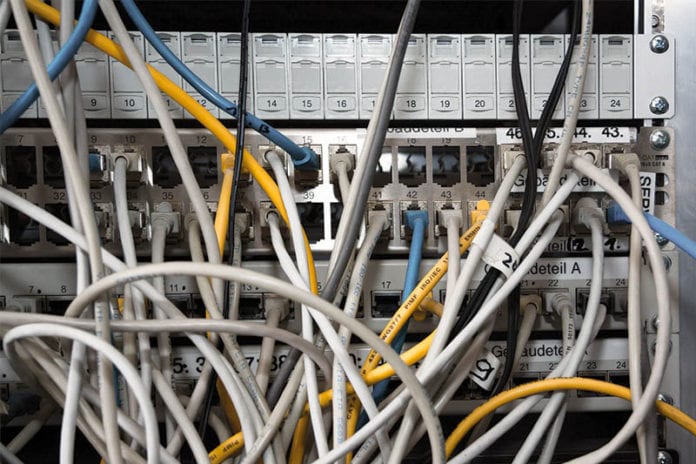.
As a nurse, you know (all too well!) the importance of protecting your patients’ privacy. But what happens when healthcare providers show blatant disregard for HIPAA? And how does that affect social media use in hospitals? Slate contributor Melissa Jayne Kinsey posted an article about social media and patient privacy that we knew would resonate with you..
.
Here are some excerpts from the article:
.
“ Now we have a different kind of exposure to worry about: becoming some doctor’s 140-character case study or the latest trophy on his Facebook wall. That’s what happened to a 23-year-old model admitted to Chicago’s Northwestern Memorial Hospital last June for excessive alcohol consumption. An emergency department physician allegedly took photos of her in which she appears anxious and disheveled. He’s accused of having posted the unbecoming shots on Facebook and Instagram.
In a similar incident in August, an off-duty employee of Spectrum Health in Grand Rapids, Mich., photographed an attractive female patient in the emergency department and posted the image on Facebook, with the blandly pervy caption ‘I like what I like.’ He and several colleagues implicated in the misconduct are now free to seek upskirt opportunities elsewhere. ”
.
She continues…
.
“ About 30 percent of state medical boards report having fielded complaints of ‘online violations of patient confidentiality,’ according to a recent survey published in the Journal of the American Medical Association. More than 10 percent had handled an episode like the one at Northwestern Memorial, involving what the survey refers to as ‘online depiction of intoxication.’ A study by QuantiaMD reports that 13 percent of physicians admit to having used public online platforms to hash out specific cases with fellow practitioners. Names are withheld, but providers may inadvertently supply other details that allow patients to be identified.
The immediacy and presumed anonymity of online sharing make it easy for a patient to become a doctor or nurse’s chief complaint. According to the Federation of State Medical Boards, one patient took offense at a blog entry in which a physician branded another patient ‘lazy’ and ‘ignorant’ for repeatedly failing to control her glucose level. The FSMB cites this grievance as an example of how ‘use of social media and social networking may undermine a proper physician-patient relationship and the public trust. ”
.
And gets to the heart of the issue for nurses…
.
“ Despite the flak over these and other indiscretions, a recent Harris Interactive poll indicates that 79 percent of Americans trust health care professionals to safeguard sensitive information. Providers will have to be more cautious than ever, though, as new crowdsourcing apps are introduced. The collaborative nature of popular platforms like Sermo may tempt clinicians to volunteer confidential details about their patients. Other apps use crowdsourcing to generate shared medical image databases. Figure 1 automatically detects and blocks out faces on uploaded images but relies on users themselves to obscure tattoos, moles, and other distinguishing features. ”
.
And concludes…
.
“ Some doctors have misgivings about employing social media in the service of patient care: ‘What if one finds something that is not warm and fuzzy?’ frets resident physician Haider Javed Warraich in a post this week on the New York Times’ Well blog. Despite his reservations, Warraich defends the practice, pointing out that doctors have used online intel to gauge suicide risk, discover relevant undisclosed criminal histories, and contact the families of unresponsive patients.
.
.
But until the utility of online sharing in health care contexts becomes obvious to hospital operatives, they’ll continue to view it the way the rest of us regard twerking—if we ignore it long enough, surely it will just go away. Nearly 60 percent of the health care professionals surveyed by InCrowd report having no social media access in clinical settings at work.
.
The American Nurses Association, American Medical Association, and other trade groups have tried to soften administrators’ hard line by setting standards for social media use in the workplace. They’ve published guidelines packed with nuggets like ‘Pause before you post’ and ‘Be aware that any information [you] post on a social networking site may be disseminated (whether intended or not) to a larger audience.’ These insights will undoubtedly be useful to CompuServe subscribers. In addition, the AMA urges its members to maintain separate personal and professional identities, a strategy that’s likely to work as well for doctors as it has for Anthony Weiner. ”


